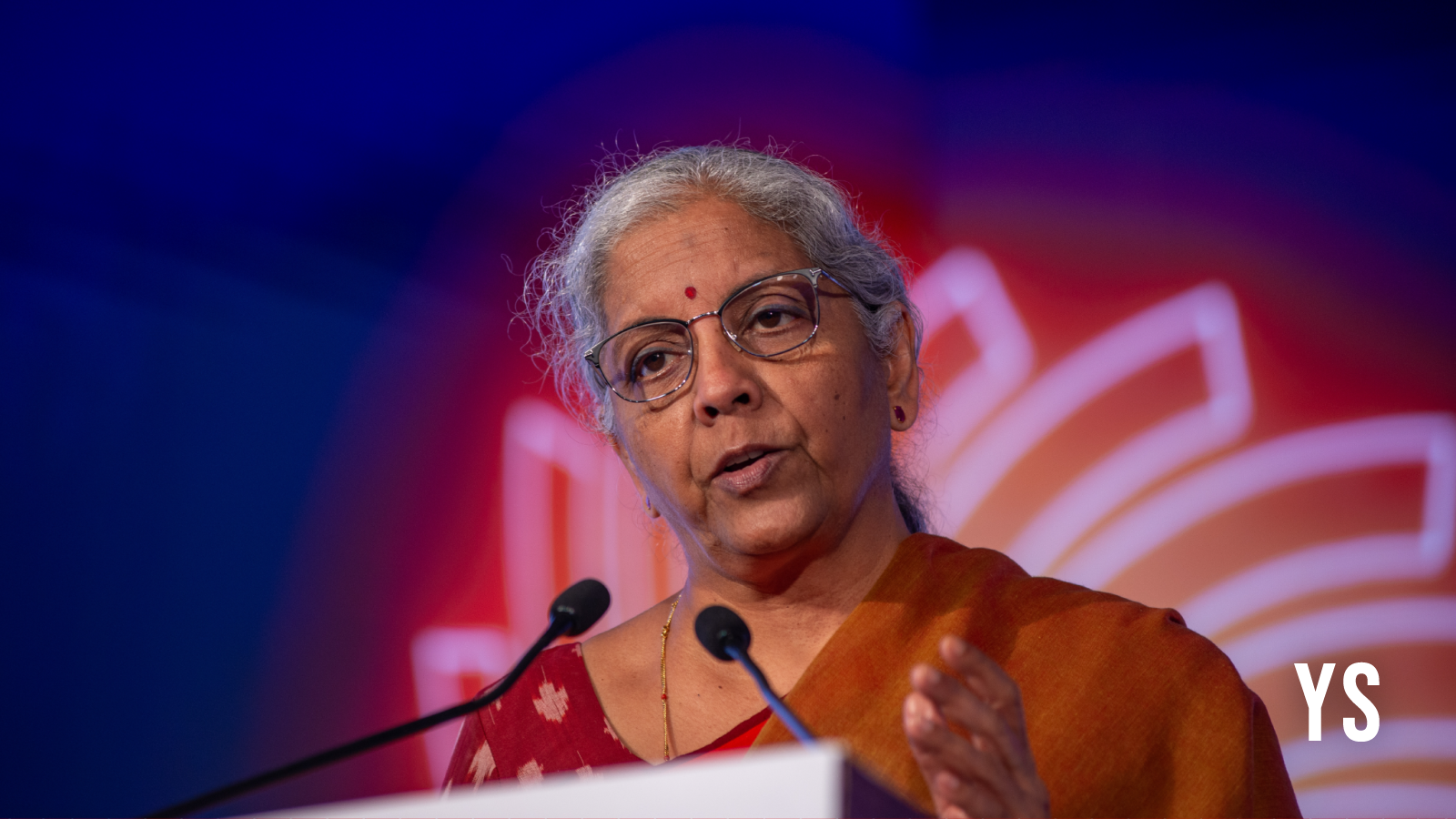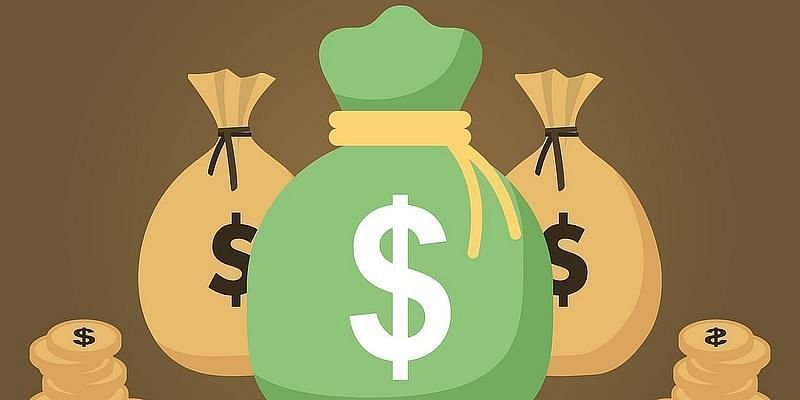Consumption boost to aid revenues, fiscal deficit target on track: Nirmala Sitharaman


She noted that the consumption boost from the landmark GST reform, along with a strong first-quarter GDP growth of 7.8%, could help the economy surpass the projected FY26 growth range of 6.3–6.8%.
Asked about the fiscal deficit, FM Sitharaman said the Rs 48,000-crore implication is based on static assumptions, but higher consumption from September 22 will improve income buoyancy. “To a large extent, this Rs 48,000 crore amount we will be able to make up this year itself. I don’t see an impact on my fiscal deficit or my fiscal management. I will stick to my numbers (4.4% of GDP),” she told Press Trust of India (PTI).
The Centre has pegged the FY26 fiscal deficit at 4.4% of GDP, or Rs 15.69 lakh crore.
Last week, the GST Council approved a new two-tier structure of 5% and 18%, along with a 40% slab for sin goods. Nearly 400 products—from soaps to cars, shampoos to tractors and air conditioners—will get cheaper when the rejig takes effect from September 22, the first day of Navaratri. Premiums on individual health and life insurance will also be exempted.
Most daily food and grocery items will now fall under the 5% slab, with bread, milk, and paneer attracting no tax. EVs and small cars will be taxed at 5%, while white goods will fall under the 18% slab.
Calling the overhaul a “people’s reform,” Sitharaman said, “This reform touches the lives of all 140 crore people. The poorest of the poor also have something small that they buy, touched by GST.”
India’s GDP growth of 7.8% in Q1FY25 was driven by agriculture and services such as trade, hotels, finance, and real estate. The previous peak of 8.4% was recorded in Q4FY24. India continues to outpace major economies, with China reporting 5.2% growth in the same April–June period.
Discover more from News Hub
Subscribe to get the latest posts sent to your email.







